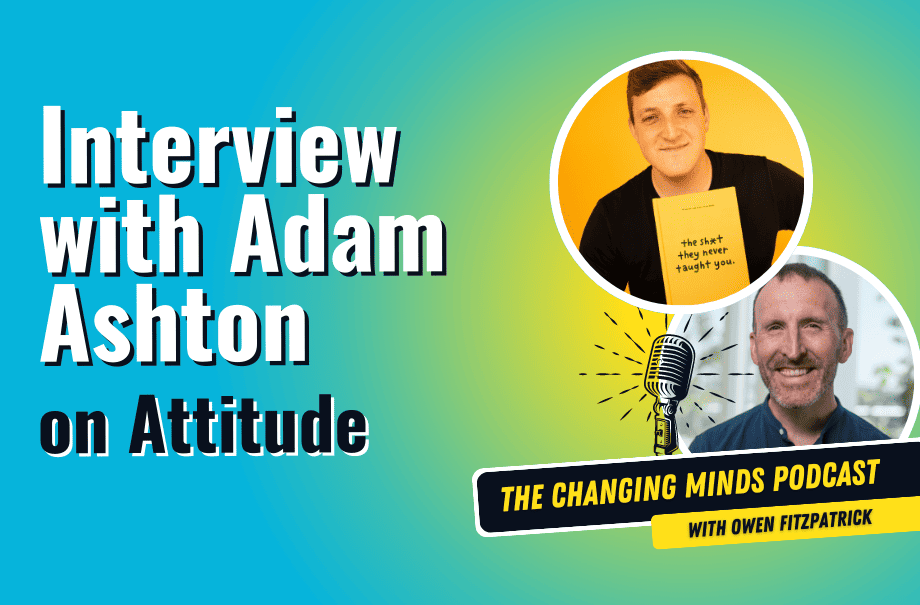The Invisible Gorilla Study
- The “Invisible Gorilla Study” by Daniel Simons and Christopher Chabris helps us understand the concept of cognitive blindness and the ways our brains can miss important details.
- Be vigilant and critical of situations where persuasion and influence are at play, as not all attempts to sway us are in our best interest. Learn to identify potential scams or situations where you may be deceived.
Your Brains Predictions
- Understand that your brain’s primary function is to make predictions to ensure your survival. It does this by processing sensory information, assessing bodily sensations, and using memories to anticipate what will happen next.
- Differentiate between beliefs and true knowledge. Beliefs often arise from repeated experiences where your brain predicts certain outcomes, leading to a feeling of certainty. However, not all beliefs are based on reliable evidence, so it’s essential to critically evaluate the basis of your beliefs to distinguish them from genuine knowledge.
The Stories We Tell Ourselves
- Recognize that beliefs are often shaped by the stories you tell yourself about your experiences. Your brain creates narratives to make sense of events and their causes, leading to the development of beliefs.
- Understand the influence of emotions on your beliefs. Your emotional state can significantly impact the stories you construct about your experiences, leading to varying interpretations and beliefs depending on how you feel at the moment.
Our Brains Believe Whatever It Hears
- Understand the truth default theory, which suggests that our brains naturally tend to believe whatever we hear as it facilitates effective communication and social connection. However, this inclination can make us vulnerable to scams.
- Be aware of the false authority effect, where we often assign expertise or credibility to individuals solely based on their perceived authority or status, even when they may not possess the relevant knowledge or competence. This awareness can help you critically assess information from various sources.
The Strong Man Argument V.S. The Straw Man Argument
- Beware of confirmation bias, which can lead to the formation of strong, one-sided arguments in favor of your beliefs. Challenge your own biases and actively seek out opposing viewpoints to avoid falling into this trap.
- Apply the tendency to construct a “strong man” version of other people’s perspectives, which oversimplifies their arguments and creates further polarization. Strive for a more nuanced understanding of opposing viewpoints to facilitate productive dialogue and bridge gaps in understanding.
The Possibility Grid
- Utilize a “possibility grid” to assess claims and recommendations made by experts or persuaders. Consider not only their successes but also their failures and what they didn’t recommend but turned out successful, to gain a more balanced perspective.
- Practice critical thinking by evaluating information comprehensively, rather than solely focusing on highlighted successes. By doing so, you can make more informed decisions and avoid being swayed by a one-sided narrative.
Feelings vs. Facts
- Differentiate between feelings and facts when assessing beliefs. Understand that belief is a feeling, not an automatic guarantee of truth. Seek evidence that supports and contradicts your beliefs to make informed decisions.
- Cultivate a habit of asking, “How could I potentially be wrong here?” and evaluate the evidence both in favor of and against your perspective. This approach helps prevent confirmation bias and promotes more objective decision-making.
Experts Mentioned:
– Daniel Simons & Christopher Chabris: Nobel Prize winners in Psychology for the experiment that inspired, “The Invisible Gorilla” a book they co-authored.
– Ruairi O’Connor: Magician and Mindreader from Ireland
– Robert McKee: An author, screenwriting guru, and story consultant
– Robert A Burton MD: A neurologist and novelist and author of ‘On Being Certain’
Podcast: Play in new window | Download







